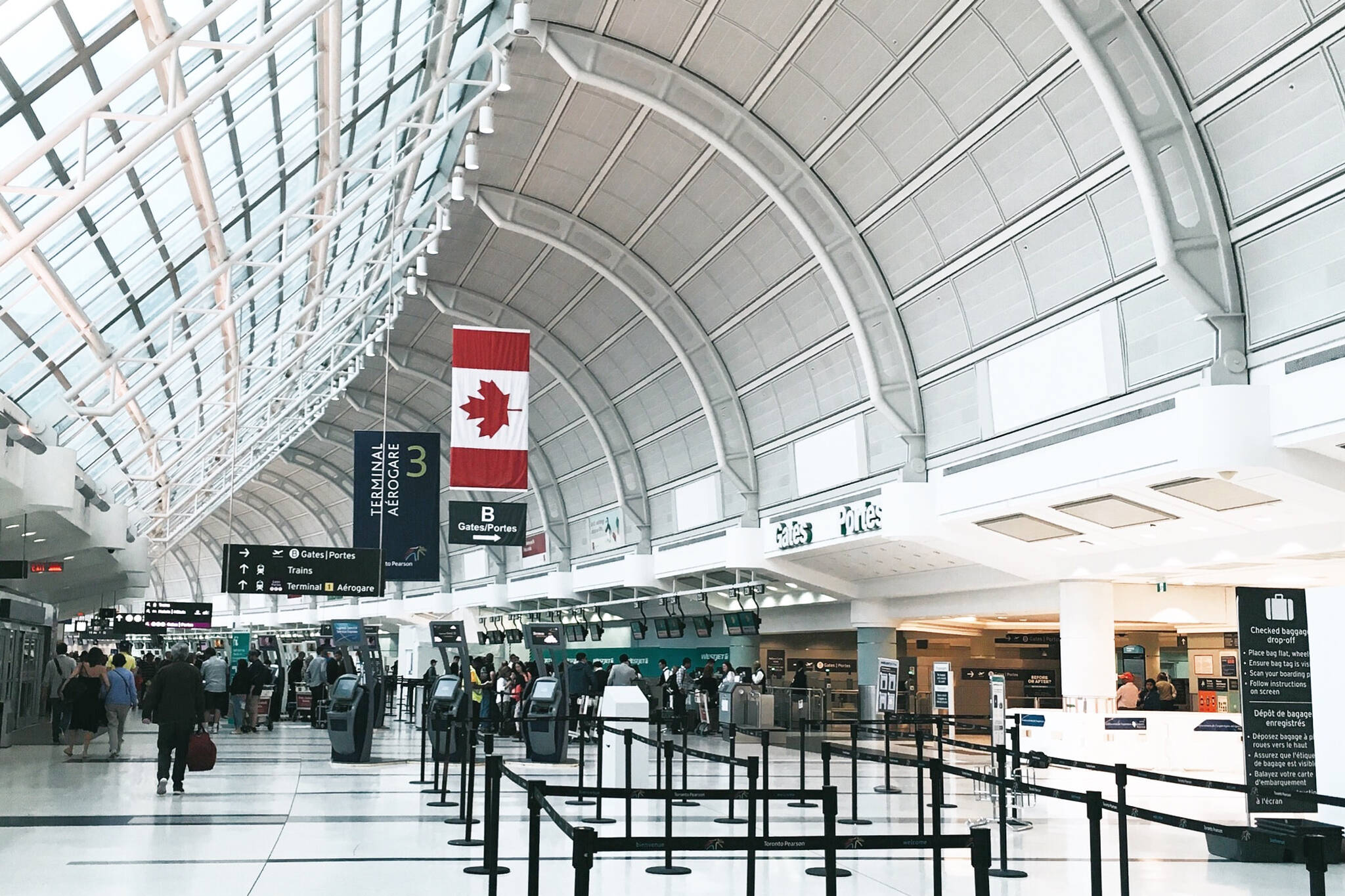
Here's everything you need to know about travelling internationally from Toronto
The holidays are usually a time for meeting with friends and family, and for some people that means travel.
But the recent spread of the Omicron variant has made travel unadvisable for at least the next few weeks. The latest government advice is to avoid all non-essential travel. The advisory was put into place on Dec. 15 and is to be reassessed in mid-January.
If you are wondering what non-essential travel means, Canada's definition is not very clear. The government says it "is up to you to decide what 'non-essential travel' means, based on family or business requirements, knowledge of or familiarity with a country, territory or region, and other factors."
Travel advice
If you must travel, the government has guidelines under the new Omicron variant.
Travellers leaving on international or domestic flights must be fully-vaccinated, which, for now, means it has been two weeks since your second dose of a two-dose vaccine series. That may change soon with booster shot availability for all adults.
Travellers must check requirements at their destination. The U.S., for example, requires all airline passengers ages two years and older, regardless of vaccination status or citizenship, to provide a negative COVID-19 viral test taken within one calendar day of travel.
The Canadian government also requires people returning to provide proof of a COVID-19 negative molecular test result or proof of a previous positive test result taken between 14 and 180 days ago
All travellers arriving partially vaccinated or unvaccinated must quarantine for 14 days.
Fully vaccinated travellers arriving at Toronto Pearson International Airport may be selected for mandatory randomized arrival testing. Those travellers must quarantine in a suitable place until they receive a negative test result. But people can take public transportation and connecting flights to their place of quarantine.
The City of Toronto also lists advice for international travellers during COVID-19, such as wearing a mask and checking advisories.
Insurance
There is also the question of insurance — people should check with their providers and make sure they cover COVID-19-related medical expenses and trip interruption. The travel advisory has voided some insurance policies.
Cancelling plans
For many people, cancelling travel plans wasn't an option as they were already on their way.
For those who do wish to cancel, be sure to check the airline's fine print and be prepared for long wait times on the phone if you are required to call the airline to rebook.
For those who decide to risk travel, the government suggests people be prepared for possible delays.
"Should Canadians choose to travel outside Canada, they need to recognize travel plans may be severely disrupted and they may be forced to remain outside of Canada longer than expected," warned the travel advisory.
Latest Videos
Latest Videos
Join the conversation Load comments







